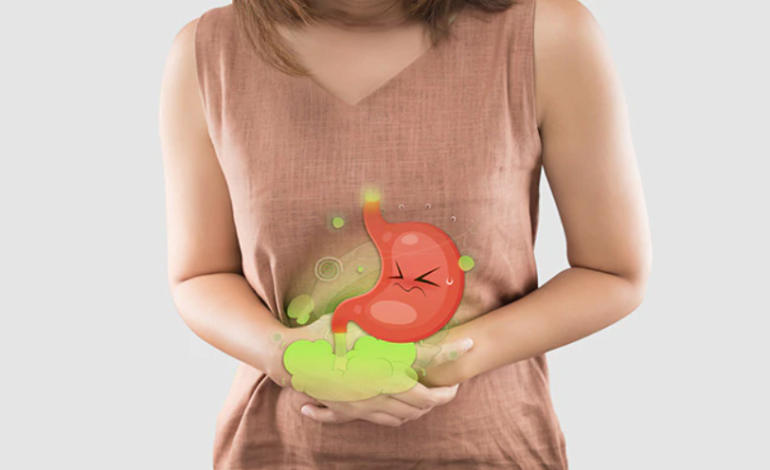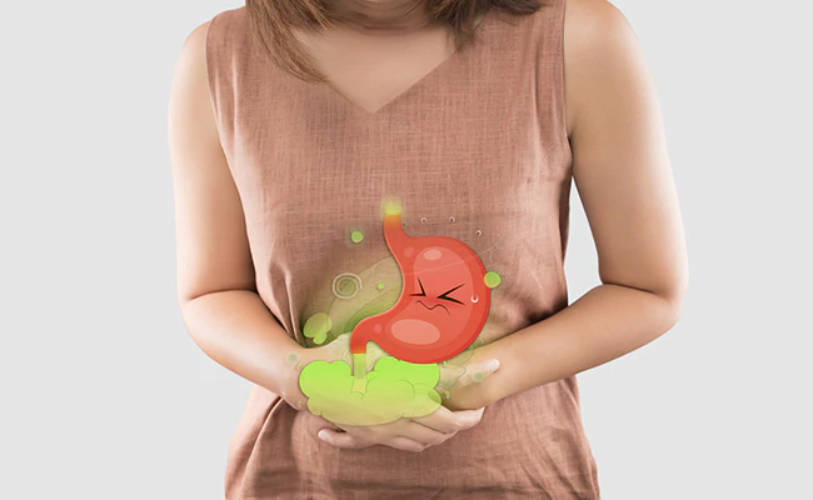
What Are the Signs of Gut Issues?

Many people worry about their gut health, and for good reason. Digestive problems can significantly affect your day-to-day life, so it’s important to figure out the cause of your symptoms to start feeling better.
The digestive system, also called the gastrointestinal (GI) tract, is responsible for processing food. If you’re dealing with GI issues, your symptoms can vary depending on which part of the digestive system is being affected.
Symptoms of GI Problems Food moves through three main parts of your digestive system: the stomach, small intestine, and large intestine (colon). Other organs, such as the pancreas, liver, and gallbladder, also help with digestion.
Common symptoms that might indicate GI issues include:
- Black or tarry stool
- Blood in stool
- Nausea and vomiting
- Bloating
- Constipation
- Diarrhea
- Incontinence
- Abdominal pain
- Heartburn
- Trouble swallowing
- Abdominal cramping
- Weight gain
- Unexplained weight loss
Your symptoms depend on the specific condition, and many of these issues can overlap with other conditions. It’s tough to pinpoint the exact cause of digestive problems based on symptoms alone, which is why it’s essential to consult a doctor if you’re dealing with chronic or new digestive symptoms.
Common Digestive System Diseases There are a lot of diseases that can affect the digestive system, but here are some of the most common:
- GERD (Gastroesophageal reflux disease) or heartburn
- Ulcers (in the stomach or intestines)
- Cancer (affecting any digestive organ)
- Inflammatory bowel disease (IBD)
- Irritable bowel syndrome (IBS)
- Diverticulitis (pouches forming in the intestine)
- Celiac disease
- Ischemia (lack of blood flow to an organ)
- Pancreatitis (inflammation of the pancreas)
- Cirrhosis (liver scarring)
- Hepatitis (liver inflammation)
- Cholecystitis (gallbladder inflammation)
Gastroenterologists are doctors who specialize in diagnosing and treating digestive diseases. If you’re having digestive issues, your first step should be to consult your primary care doctor, who may either treat you or refer you to a specialist.
Serious GI Diseases Some digestive system diseases can be life-threatening. Here are a few examples of conditions that may require urgent attention:
- Cancer
- Hepatitis
- Perforation (a hole in the digestive tract)
- Ischemia
- Inflammatory bowel disease
How to Know if You Have Digestive Problems If you’re experiencing symptoms like those listed above, it’s important to figure out what’s causing them. Digestive problems can be tricky to diagnose because symptoms often overlap between different conditions.
Some diseases, like colon cancer, might not show clear symptoms at first. For example, blood in the stool could only be visible in small amounts at the beginning. It’s essential to take these signs seriously and get screened for conditions like colon cancer regularly. You can test for blood in your stool at home or undergo a colonoscopy, where a camera is used to examine the inside of your colon.
If you’re struggling with digestive issues, it’s crucial to talk to your doctor, especially if you’ve recently noticed changes in your bowel habits. Early detection can make a big difference in your treatment outcome, especially for serious conditions like cancer.
Many people deal with digestive symptoms for years, thinking it’s something they just have to live with. But the reality is, many digestive conditions are treatable. If you’ve been suffering for a while, seeking medical help could improve your health and quality of life. Don’t hesitate to speak with a healthcare professional about your symptoms and explore your treatment options.





